Close arrow_back
- menu title
-
Custom Menu
add remove
-
Navigation
add remove
-
menu title
add remove
-
menu title
add remove
-
menu title
add remove
-
menu title
add remove
-
menu title
add remove
- menu title
-
Custom Menu
add remove
- Navigation add remove
-
menu title
add remove
-
menu title
add remove
-
menu title
add remove
-
menu title
add remove
-
menu title
add remove
Procedures for port State control 2021, 2022 Edition
Port State control inspections contribute to ensuring that global
maritime standards are being implemented consistently on all ships. This
publication provides guidance for port State control officers on the
conduct of inspections to support harmonization in the way inspections
are carried out worldwide.
This edition includes amendments to the *Guidelines for investigations
and inspections carried out under MARPOL Annex II* (appendix 4), the
*Guidelines for control of operational requirements* (appendix 7) and
the *Guidelines for port State control under MARPOL Annex VI* (appendix
18).
Port State control inspections contribute to ensuring that global maritime standards are being
implemented consistently on all ships. This publication provides guidance for port State control
officers on the conduct of inspections to support harmonization in the way inspections are carried out
worldwide.
This edition includes amendments to the Guidelines for investigations and inspections carried out under
MARPOL Annex II (appendix 4), the Guidelines for control of operational requirements (appendix 7) and
the Guidelines for port State control under MARPOL Annex VI (appendix 18).
implemented consistently on all ships. This publication provides guidance for port State control
officers on the conduct of inspections to support harmonization in the way inspections are carried out
worldwide.
This edition includes amendments to the Guidelines for investigations and inspections carried out under
MARPOL Annex II (appendix 4), the Guidelines for control of operational requirements (appendix 7) and
the Guidelines for port State control under MARPOL Annex VI (appendix 18).
Podobne z kategorii
Availability: Out of stock
This Guide has been developed to consolidate existing IMO maritime
security-related material into an easily read companion guide to SOLAS
chapter XI-2 and the ISPS Code in order to assist States in promoting
maritime security through development in the requisite legal framework,
associated administrative practices, procedures and technical and human
resources.
It is intended both to assist SOLAS Contracting Governments in the
implementation, verification, compliance with, and enforcement of, the
provisions of SOLAS chapter XI-2 and the ISPS Code. It should also serve
as an aid and reference for those engaged in delivering capacity-
building activities in the field of maritime security.
This second edition of the Guide incorporates guidance approved by the
Maritime Safety Committee on the development of maritime security
legislation as well as maritime cyber risk management, and includes
updated sources for further information to support the implementation of
the ISPS Code.
Availability: 2 In Stock
The International Convention for the Prevention of Pollution from Ships,1973 (MARPOL Convention), is concerned with preserving the marine environment through the prevention of pollution by oil and other harmful substances and the minimization of accidental discharge of such substances. Its technical content is laid out in six Annexes, the first five of which were adopted by the 1973 Convention, as modified by a 1978 Protocol. These Annexes cover pollution of the sea by oil, by noxious liquid substances in bulk, by harmful substances in packaged form, by sewage from ships and by garbage from ships. Annex VI was adopted by a further Protocol in 1997 and covers air pollution from ships.
The 2022 consolidated edition provides an easy and comprehensive
reference to the up-to-date provisions and unified interpretations of the articles, protocols and Annexes of the MARPOL Convention, including the incorporation of all of the amendments that have been adopted by the Marine Environment Protection Committee (MEPC) with entry into force up to 1 November 2022.


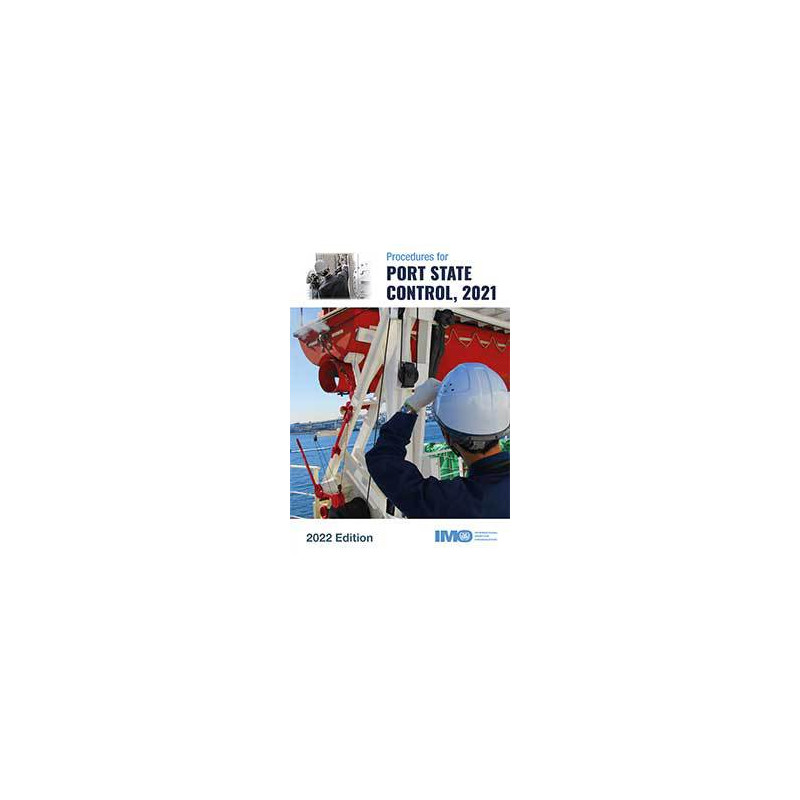

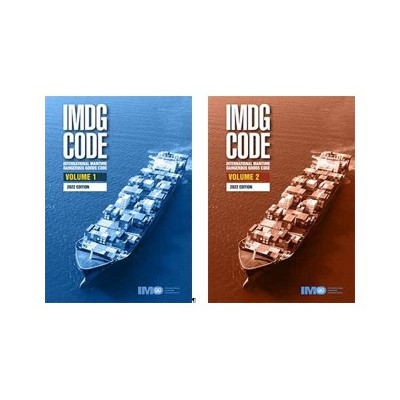
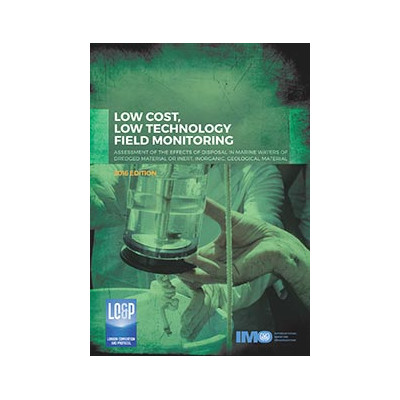
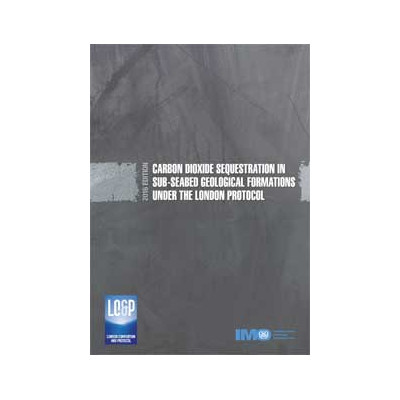
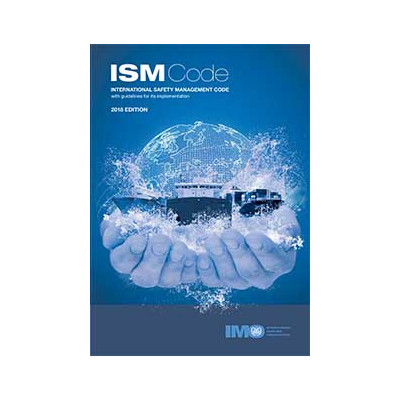
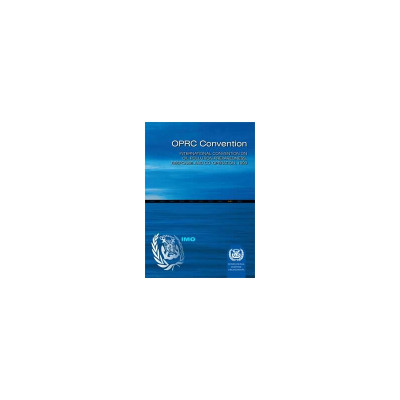
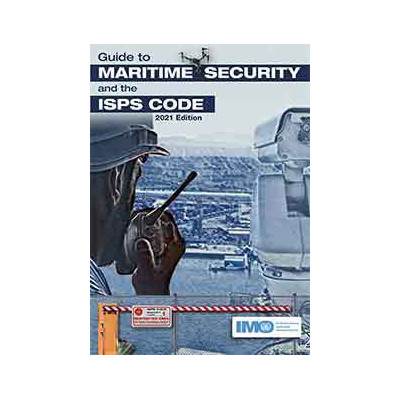
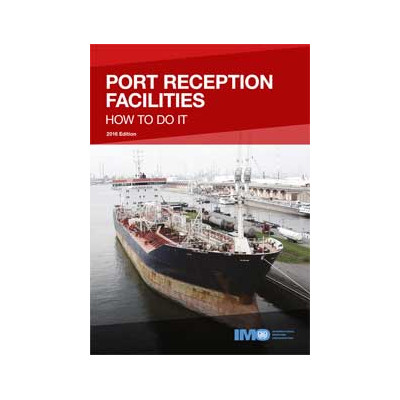
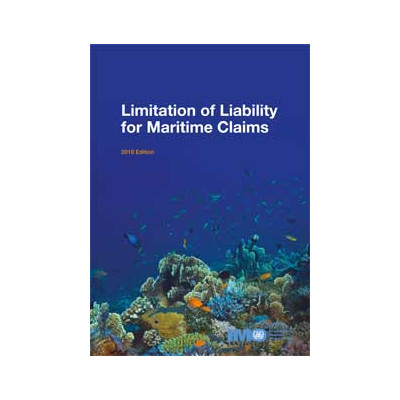
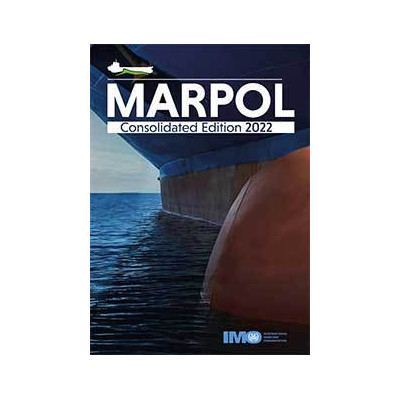
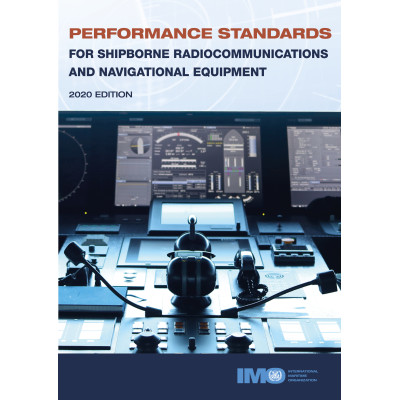
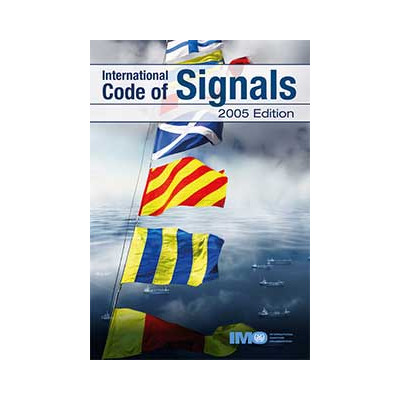
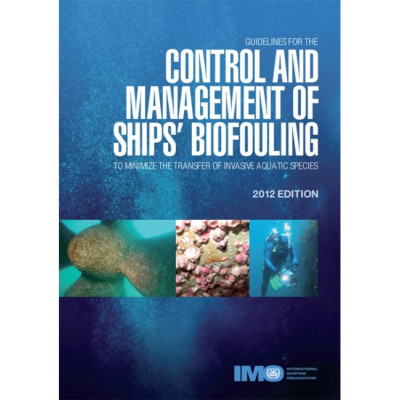
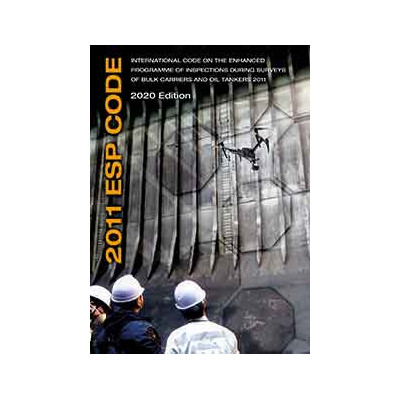
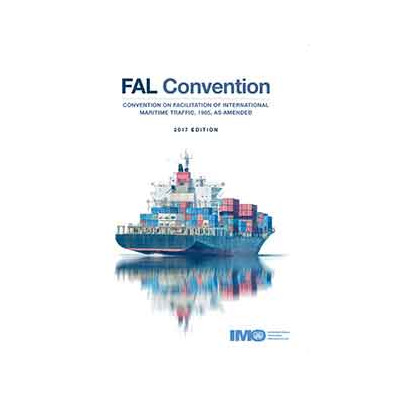
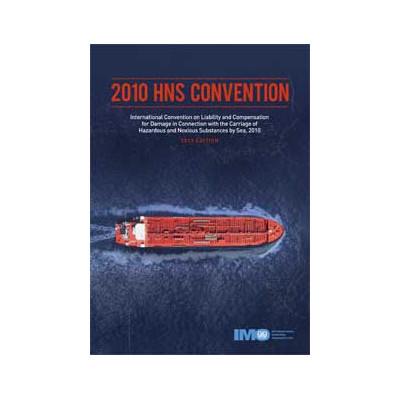
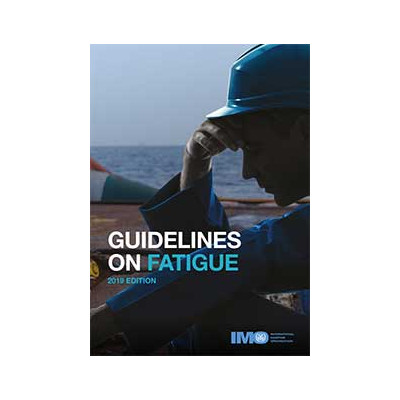
 Cookies
Cookies